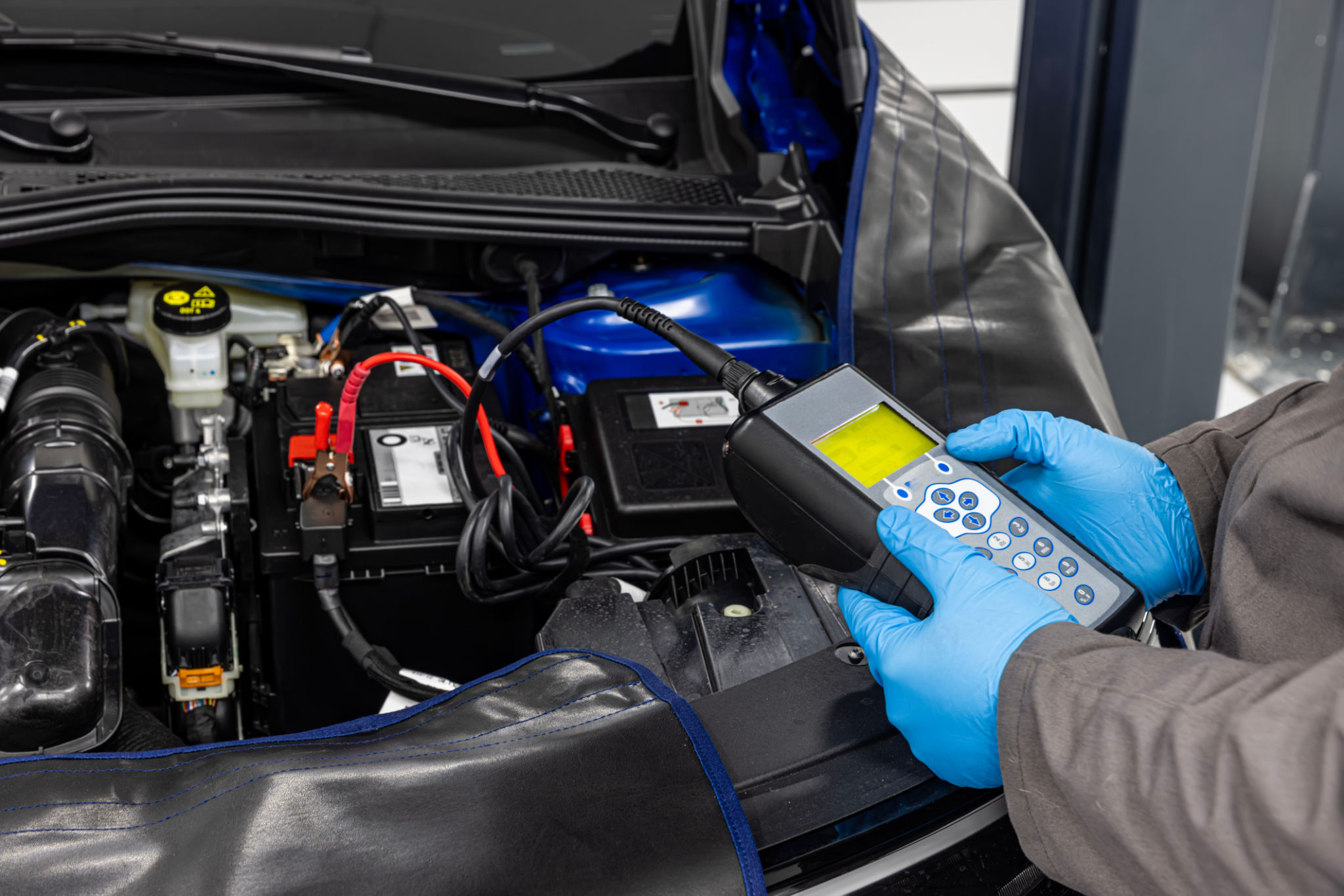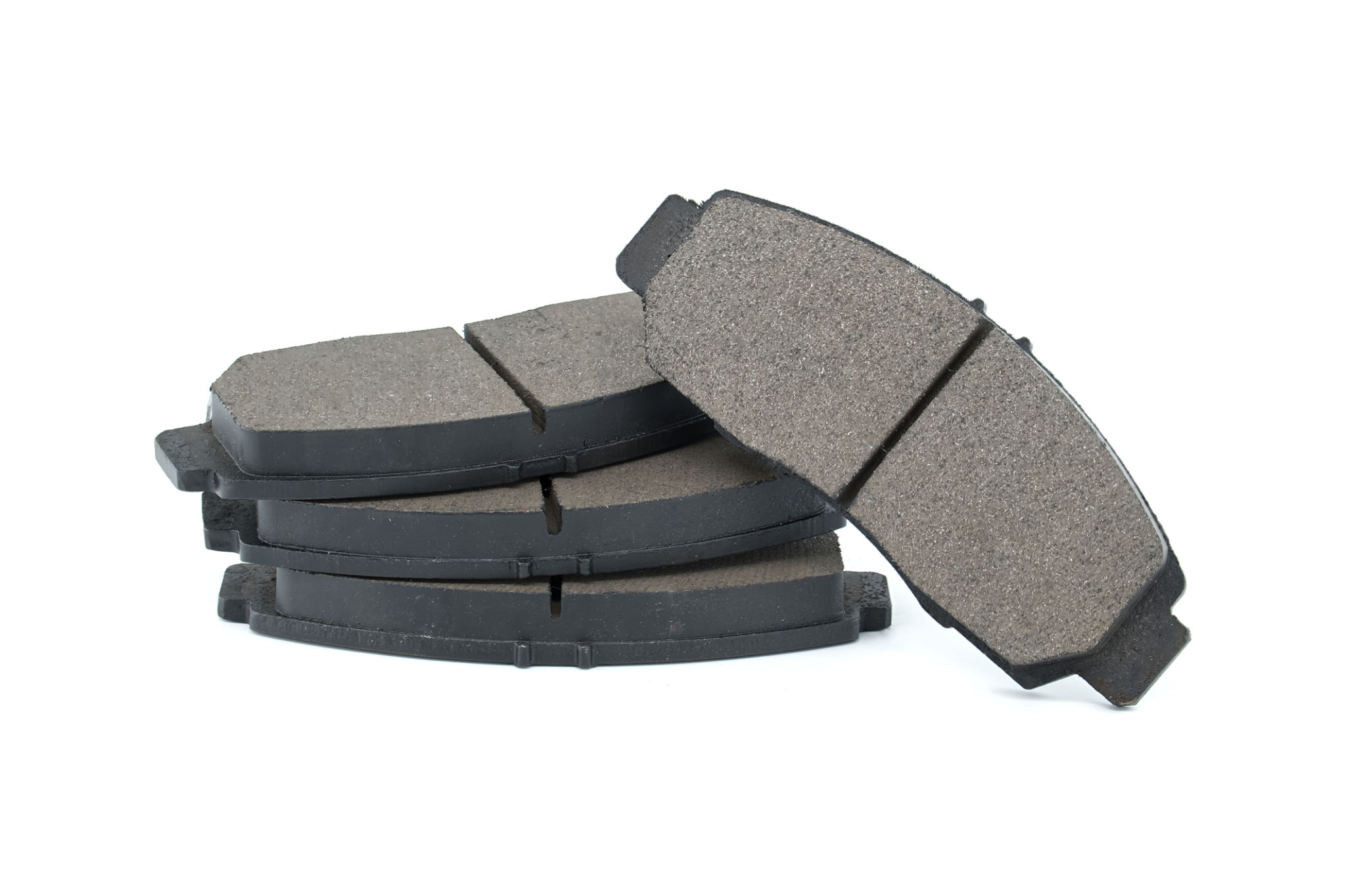Debunking Common Myths About Auto Parts and Car Maintenance
Myth: OEM Parts Are Always Superior
One of the most pervasive myths in the auto industry is that Original Equipment Manufacturer (OEM) parts are always better than aftermarket parts. While OEM parts are made by the car's manufacturer, this doesn't automatically mean they are superior. In many cases, aftermarket parts can offer comparable quality at a more affordable price.
Aftermarket parts often come from companies that specialize in a specific type of component, allowing them to innovate and produce high-quality parts. Additionally, these parts can offer more variety and availability, making them a viable option for many car owners.

Myth: You Must Change Your Oil Every 3,000 Miles
The 3,000-mile oil change rule is another outdated piece of advice. Modern engines and oil technology have significantly improved, allowing for longer intervals between oil changes. Many manufacturers now recommend oil changes every 5,000 to 7,500 miles, depending on the vehicle and oil type used.
To ensure optimal performance, always refer to your vehicle’s owner manual for specific maintenance schedules. Keeping track of your driving habits and conditions can also help determine the appropriate oil change intervals.
Myth: Car Batteries Last Forever
Car batteries are often misunderstood in terms of their longevity. The reality is that car batteries typically last between three to five years. Factors such as climate, driving habits, and maintenance can heavily influence a battery’s lifespan.

Regularly checking your battery’s health and cleanliness can help prolong its life. If your car struggles to start or if you notice dimming lights, it might be time to test or replace your battery.
Myth: Premium Fuel Improves Performance
Many drivers believe that using premium fuel will enhance their car's performance, even if their vehicle doesn’t require it. Most vehicles are designed to run efficiently on regular unleaded gasoline. Using premium fuel in a car that doesn’t require it often results in wasted money without noticeable benefits.
Refer to your vehicle’s manual to determine the recommended fuel type. Only cars with high-performance engines or those specifically requiring premium fuel will benefit from it.

Myth: Air Filters Need Frequent Replacement
The notion that air filters require frequent replacement is another misconception. While it's essential to keep air filters clean for optimal engine performance, they do not need changing as often as some might think.
A good practice is to check your air filter every 12,000 to 15,000 miles. Replacing it when visibly dirty or clogged will suffice in most cases. Regular inspections will ensure your engine receives proper airflow without unnecessary replacements.
Myth: Brake Pads Always Squeal When Worn Out
Squealing brakes do not always indicate worn-out brake pads. While worn pads are one possibility, other factors like moisture, dirt, or inexpensive brake materials can also cause squeaking sounds.
If you hear persistent squealing, it's advisable to have your brakes inspected by a professional. They can identify whether the noise is a sign of wear or just an environmental factor.

Myth: You Must Warm Up Your Car Before Driving
The idea of warming up your car before driving stems from older vehicles that needed time for engine oil to circulate properly. However, modern cars are designed to be driven almost immediately. Idling for extended periods wastes fuel and contributes to unnecessary emissions.
For cold conditions, simply allow a few moments for the engine idle to stabilize before driving gently. This practice conserves fuel and reduces environmental impact without compromising vehicle performance.